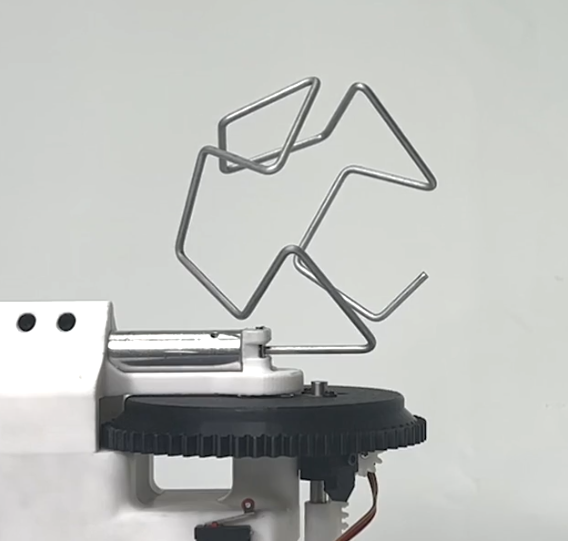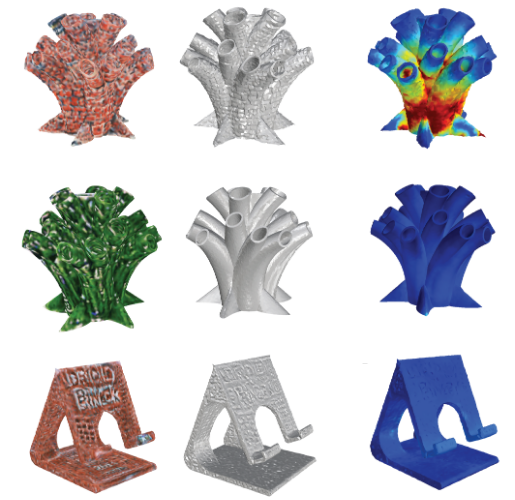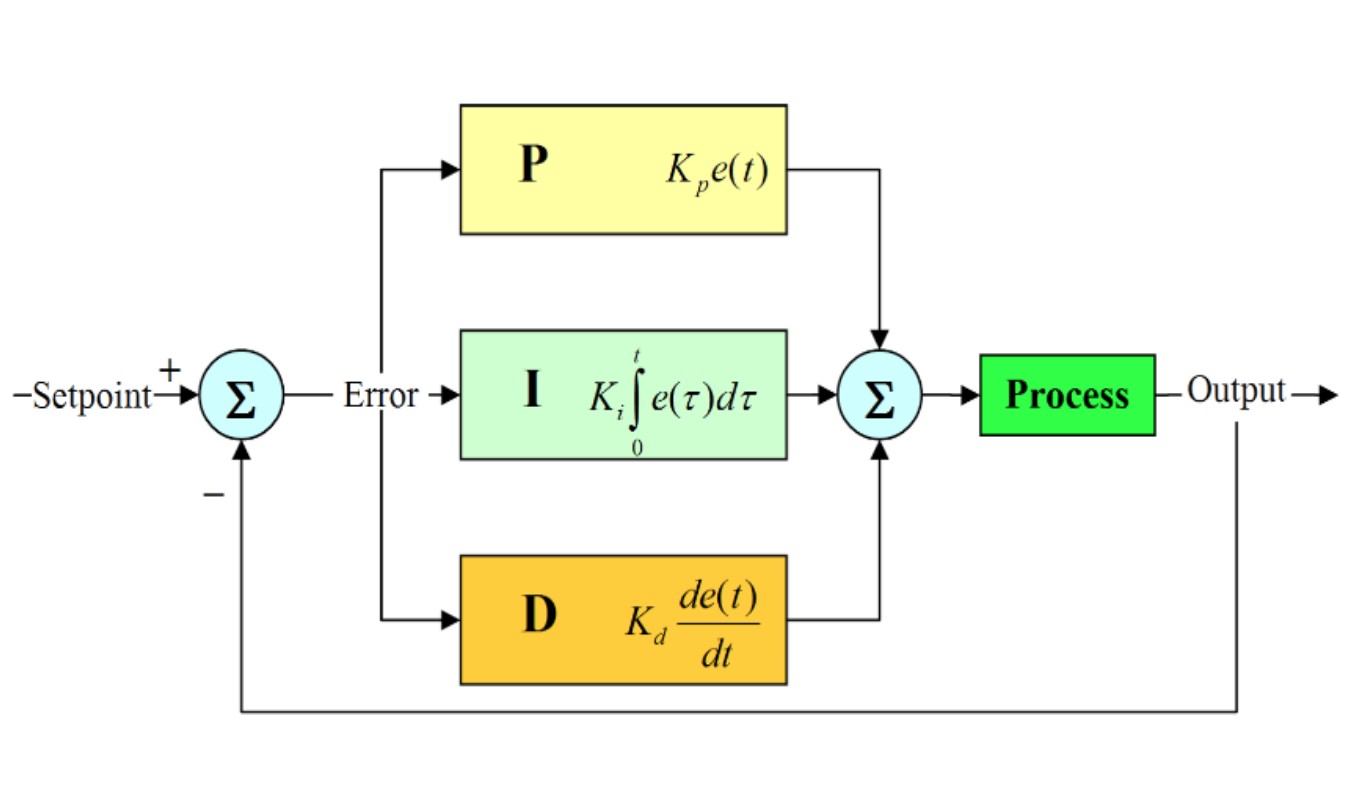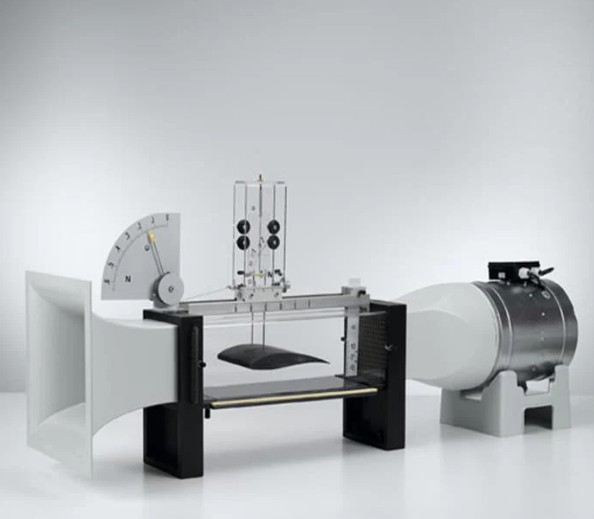Email:
nisser _at_ uw _dot_ edu
Lab website:
https://www.programmablematterlab.com
Martin Nisser
Assistant Professor, University of Washington
Department of Aeronautics and Astronautics
I lead the newly launched Programmable Matter Lab at the University of Washington, where we work on computational design and fabrication, broadly defined. If you're a student or postdoc interested in generative design, robotics, digital fabrication, HCI, or in-space manufacturing and assembly, get in touch! I am recruiting PhD students in Fall 2025.
Short bio:
I completed my PhD in the MIT Computer Science and Artificial Intelligence Laboratory with Professor Stefanie Mueller. Previously, I completed masters and undergraduate degrees at MIT, ETH Zurich, and The University of Edinburgh, and held intern or staff appointments at the Boston Dynamics A.I. Institute, Tesla Motors, Harvard University and the European Space Agency. I am a Sweden-America fellow, a Bernard Gold fellow, and have appeared in media including CNN, BBC News, The NBC Daily Show, The Washington Post, NASA TV, Forbes and Popular Science.
Research Interests:
I'm interested in developing fabrication methods to make hardware that is inexpensive, rapid, and customizable to individual needs and interests. To this end, I develop new machines, modular assembly platforms, and programmable materials that can be programmed to automate digital fabrication and assembly procedures in situ. As part of my work on in-space manufacturing, I have led 5 parabolic flight campaigns and was the Science Lead for MIT's Extrusion Project, a fabrication platform launched to the ISS in November 2022.
Outreach:
I'm excited about developing education and research programs toward increasing the opportunity to work with technology. I co-launched and co-instruct Brave Behind Bars, a non-profit delivering university-accredited computer science and self-efficacy programs for incarcerated women and men.
Updates
09-05-2025:
2 papers accepted to ACM SCF '25
12-28-2024:
Brave Behind Bars featured on CNN
07-16-2024:
Started faculty position at UW
01-18-2024:
Papers accepted to ACM CHI and ACM TEI '24
08-22-2023:
Interviewed on NBC Daily Show and MSNBC
01-06-2023:
ISS project featured in Washington Post
01-03-2023:
Interview in Popular Science
06-30-2022:
Self-assembly paper accepted to IEEE IROS '22
06-20-2022:
Swarm robot paper accepted to IEEE ANTS '22
02-07-2022:
ElectroVoxel accepted to ICRA '22.
08-20-2021:
Profile in MIT News
05-28-2021:
Completed a Parabolic Flight Campaign.
09-05-2025:
2 papers accepted to ACM SCF '25
12-28-2024:
Brave Behind Bars featured on CNN
07-16-2024:
Started faculty position at UW
01-18-2024:
Papers accepted to ACM CHI and ACM TEI '24
08-22-2023:
Interviewed on NBC Daily Show and MSNBC
01-06-2023:
ISS project featured in Washington Post
01-03-2023:
Interview in Popular Science
06-30-2022:
Self-assembly paper accepted to IEEE IROS '22
06-20-2022:
Swarm robot paper accepted to IEEE ANTS '22
02-07-2022:
ElectroVoxel accepted to ICRA '22.
08-20-2021:
Profile in MIT News
05-28-2021:
Completed a Parabolic Flight Campaign.











